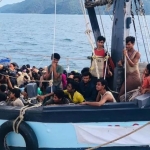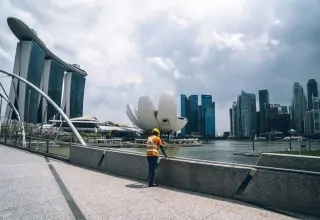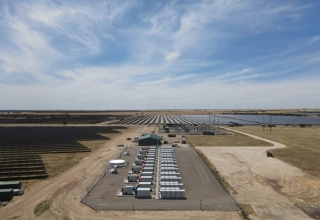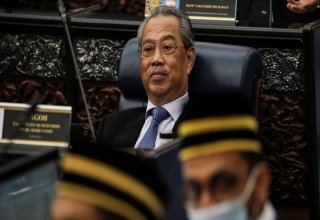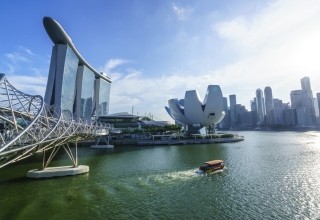
As many other countries, Malaysia fights to stop illegal immigration. Strong economic prospects and a plethora of job alternatives have drawn those looking for better living there. Still, not all immigrants adhere to the right processes, which creates a population of illegal immigrants that the government has to manage using a combination of laws, enforcement, and humanitarian programs.
Governmental Opinion
Strictly opposing unlawful migration, the Malaysian government has emphasized the need of adhering to legal processes and getting the required paperwork. Even if recent crackdowns have demonstrated a commitment to upholding these regulations, it is still unknown what will happen to people who are already inside the nation.
Possibilities of Resolution
Removal of illegal immigrants is one of the quickest treatments; this is the standard process for people who have violated immigration laws. Deportation creates difficulties in effectively managing the procedure and raises human rights issues even if it can discourage people thinking about entering illegally.
Sometimes governments provide amnesty schemes to allow illegal immigrants to become citizens. Sometimes this strategy is considered a humanitarian means of assisting immigrants in assimilating into society. Programs for amnesty can help illegal immigrants come out of the closet, which will encourage better administration and community involvement. To deter more illegal immigration, these initiatives must be well thought out and have a strong legal basis, though.
Troubles with Integration
Integration is a big problem for those let to stay. Illegal immigrants could find it difficult to obtain work, get medical attention, and finish their education without the right support structures. To help immigrants settle into their new surroundings, integration programs must to provide social services, legal assistance, and language training. Tensions in communities, economic inequality, and social isolation can all be made worse by badly handled integration.
Economic Effects
The economy can benefit from illegal immigration in equal measure to suffer from it. On the one hand, illegal immigrants normally occupy positions in agriculture, construction, and domestic labor that are frequently left open by natives. These immigrants can boost the economy and assist in addressing the labor shortages. Conversely, undocumented immigration can put a pressure on public services like healthcare and education and result in reduced pay for unskilled local labor. Because illegal immigration has complicated economic ramifications, a complete plan must consider worker rights as well as economic demands.
Notes on Society
The intricate social structure of Malaysia might make immigration management difficult. Misunderstandings may result from the variety of cultural and religious origins of migrants. Policies have to give peace precedence over conflict and take into account the possible societal consequences. Programs for social cohesiveness ought to include community service, anti-discrimination legislation, and initiatives to enhance cross-cultural communication. More amiable societies can lessen the social issues brought on by illegal immigration.
Concerns for the Humanity
Treatment of undocumented immigrants has grave humanitarian concerns. A lot of illegal immigrants run from persecution, poverty, and violence in quest of safety and better living conditions. Commitments to human rights and international humanitarian norms must be balanced in Malaysia’s immigration policy. This covers making sure that migrants have access to necessities, shielding them from mistreatment, and offering formal avenues for applying for asylum should they be eligible.
Keep Reading
Law and Policy Foundation
Malaysia needs robust and flexible legal and legislative framework to lower illegal immigration. This covers management of migratory movements, coordination with neighbouring nations, and efficient border controls. Furthermore, Malaysia has to make sure that its legal framework protects the rights of migrants and offers avenues for authorized immigration.
International and Regional Cooperation
Regional and global aspects exist to illegal migration, which is not only a national problem. Working along with its ASEAN neighbors and international organizations, Malaysia must address the underlying reasons of migration, exchange best practices, and provide coordinated solutions to migration-related problems. Information exchange can be improved, border security reinforced, and assistance to migrants in transit offered by regional collaboration.
Perspectives
Malaysia has to strike a compromise between respecting the law and being compassionate to illegal immigrants. Management of people who cross borders in quest of a better life has to change in tandem with world events. Future projects should concentrate on enhancing border security, creating legal migration routes, and more successfully assimilating migrants into Malaysian society. Malaysia may solve the problems of illegal migration and advance economic growth and social cohesiveness by taking a thorough and humane stance.
